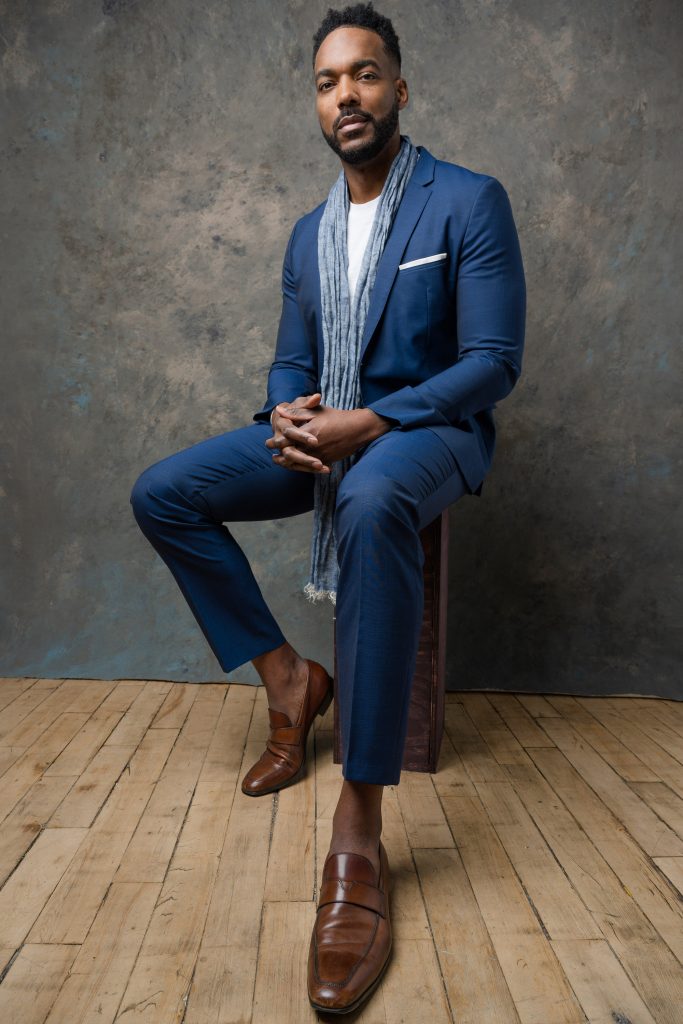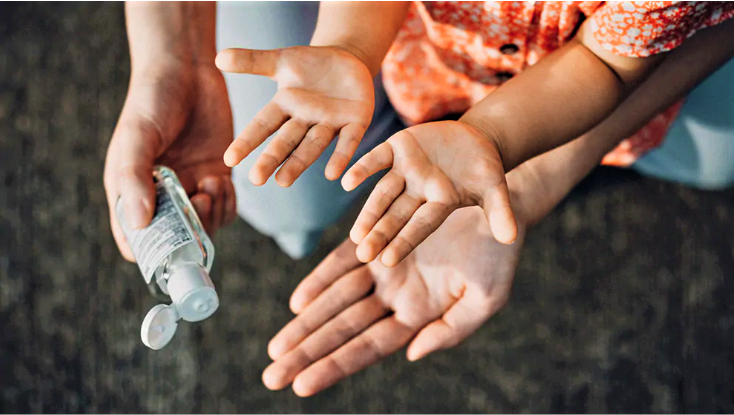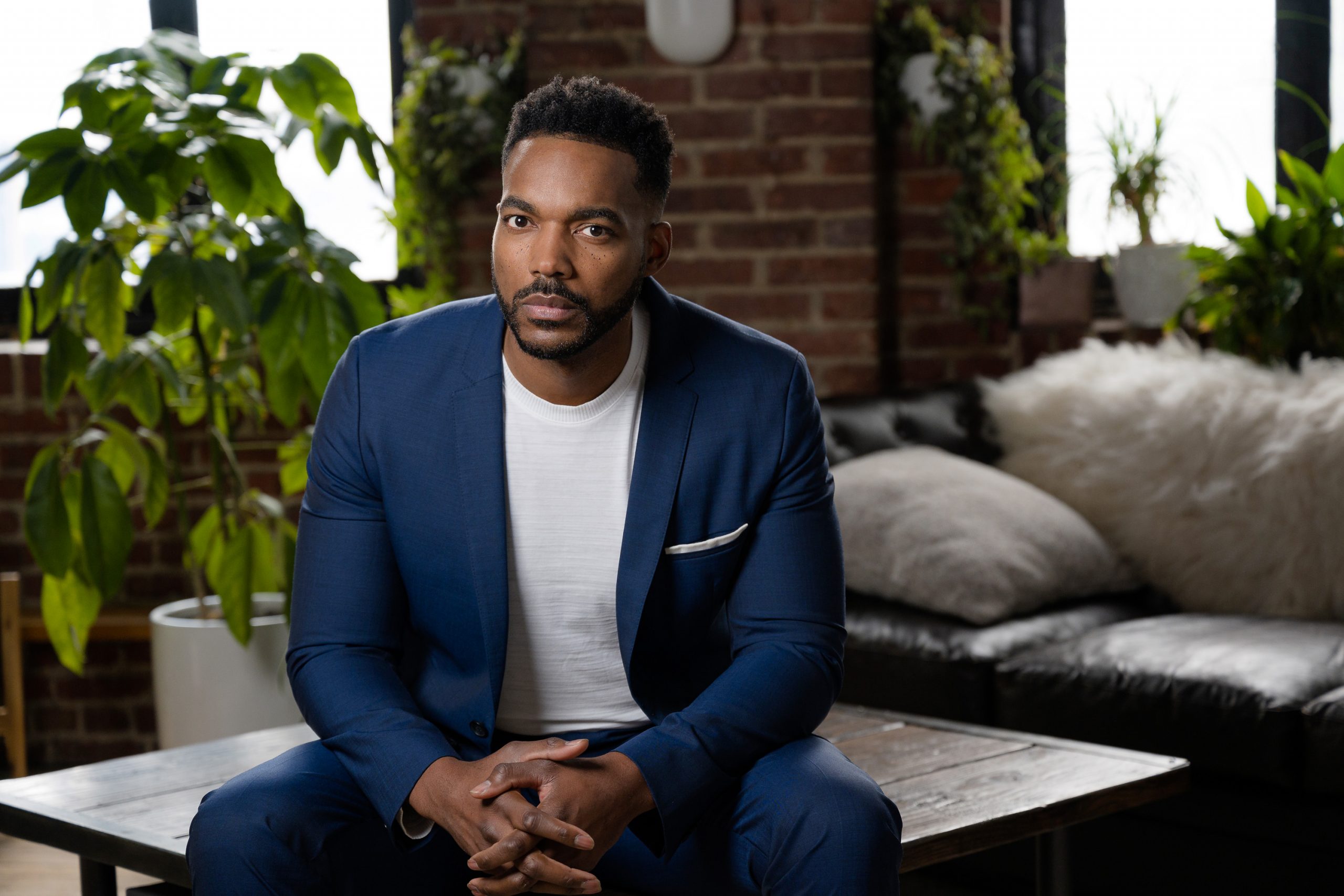This is the first in a series profiling IT executives who helped guide their organizations through the COVID-19 pandemic and toward recovery.
Bobby Ford holds a very serious job, in a very serious time.
He protects the data at Unilever, a company that employs 155,000 people and produces hundreds of iconic brands, including Vaseline, Dove and Ben & Jerry’s.
He serves as Unilever’s chief information security officer, or CISO, at a moment when IT execs around the planet are assessing the scope of the SolarWinds breach. Unilever was not impacted by the massive cyberattack but thousands of government and private networks were hacked.
Very serious.
Yet when Ford talks security, he sometimes uses soothing, fatherly tones to explain that solemn world. Like when he recently discussed enabling 70,000 Unilever office employees to work remotely via Microsoft Teams early in the COVID-19 outbreak. He offered a tale about watching his daughter learn how to walk.
“I remember how she would stumble and fall. I wanted to keep her safe. I wanted to make sure she didn’t hurt herself,” Ford says. “I realized, though, she had to fall. I realized my role was to give her a safe environment so she could learn to walk.
“This is exactly like my job. I enable the organization to take risks. From an information security perspective, there was a risk sending everyone home to work. But the last thing I want to do is prevent the organization from learning how to do that securely because this is not a short-term thing.”

Bobby Ford. (Photo by Elliott O’Donovan.)
By late 2019, Unilever – headquartered in London and operating in 190 countries worldwide – had already begun its launch of Teams, a cloud-based collaboration platform that leverages Microsoft Azure and other Microsoft services.
Those pre-pandemic investments allowed Unilever’s office-based employees to swiftly transition to remote working in March 2020 – and to do so “seamlessly,” Ford says.
At that time, his children attended the international school in Surrey, England. Concerns about the novel coronavirus were starting to mount globally.
“What’s really interesting is that I was sent home from the office before my children were sent home from school,” Ford recalls. “The kids were still going to school every day. I remember saying that if the schools didn’t shut down, I was pulling them out.”
In late March, schools across the UK adopted distance learning, as did most schools in the United States.
Throughout the spring, as COVID-19 cases and deaths soared, numerous companies scrambled to reformat their manufacturing operations to make ventilators and personal protective equipment to save the sick and stem more infections.
By then, however, Unilever already had spent two months mobilizing its people and partners to massively boost its production of hand sanitizer – once a smaller part of the business led by its Lifebuoy brand of gels for kids.
Pre-pandemic, two Unilever factories produced about 700,000 containers of hand sanitizer each month. By May, the company had 61 factories creating about 100 million units per month, according to Unilever.
COVID-19 presented supply chains around the world with new challenges, and those challenges went beyond meeting surges in demand for certain products.
But companies that previously committed to generate real-time, democratized information were well positioned to respond with agility, Ford says. Unilever used artificial intelligence to plan, capitalized on robotics and built digitally connected factories.
“Our efforts to get real-time visibility of our end-to-end supply chain, brought in part to life through Power BI dashboards, empowered our teams to make decisions quickly based upon real-time data,” Ford says.
Unilever’s transformation journey began in 2018. One of its early success stories, Ford says, was the company’s digital twin technology in factories – virtual replicas of physical devices and environments. To help make that pivot, Unilever relied on Azure IoT and intelligent edge services.
Within that merge of the virtual and real worlds, factory machines and equipment are connected to the Internet of Things (IoT), enabling them to send a mass of real-time data into the models, everything from temperatures to production cycle times.
Two years later, that infrastructure protected the safety of Unilever’s frontline employees during the pandemic. In Latin America, as the coronavirus spread, the company accelerated its implementation of two digital twins, allowing otherwise-vulnerable factory operators to control detergent powder towers from home.

Courtesy of Unilever.
Here, Ford returns to that same wisdom he discovered when teaching his daughter how to walk: His role, he says, is to install the right security controls, not to stand in the way of those who take risks to make big strides.
“We CISOs are not supposed to be the captains of the ‘no’ police. I should add,” he says with a laugh, “This is where I tend to differ with a lot of my peers in the security industry.”
That’s because many of those peers stick to the same stern philosophies on security, believing that eliminating risks is more important than fostering innovation.
Ford simply holds a different view on the matter. And that, he says, reinforces his belief in the power of diversity. Especially during a time like the COVID-19 pandemic, when companies are being tested and lives are on the line.
“I always say, ‘Listen, I want to see diversity, but I also want to hear diversity.’ Because what good is a room of people who look diverse but who think the same way?
“No company can be truly successful without diversity of thought. Without it, none of us can operate to our full potential,” he says. “I believe I’m at Unilever for such a time as this.”
Portraits of Bobby Ford taken by Elliott O’Donovan.


